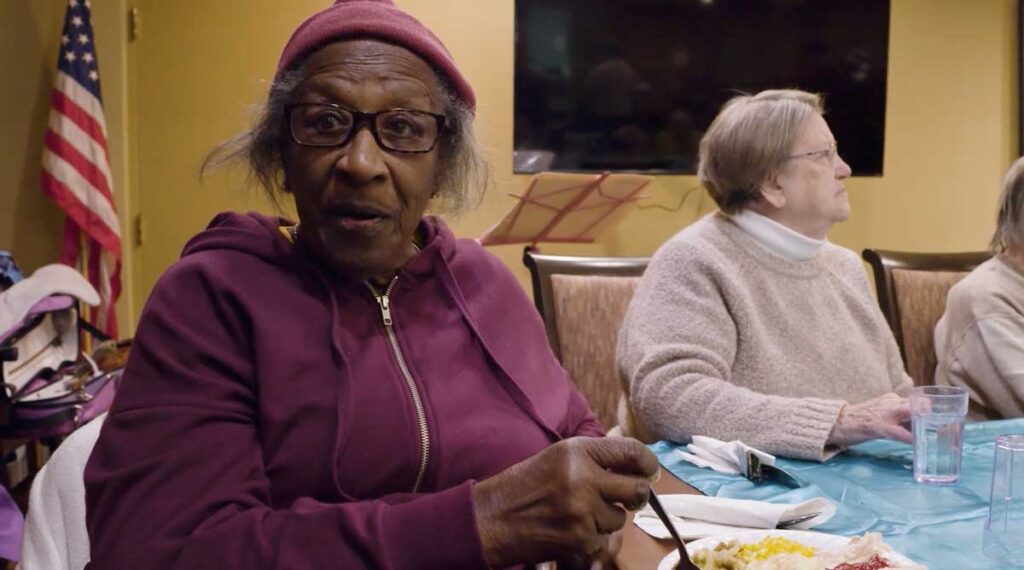This testimony was presented to the Human Services Committee, Minnesota Senate by Dawn Simonson, President & CEO, Trellis, Co-chair, Senior Meals and Services Coalition on March 31, 2023

Good morning, Chair Hoffman and members of the Committee.
My name is Dawn Simonson, and I am the President and CEO of Trellis, the state-designated area agency on aging for the metro region. I co-chair the statewide Senior Meals and Services Coalition and represent the MN Association of Area Agencies on Aging today. Thank you for the opportunity to testify today on behalf of the older adults that our organizations and partners serve.
First, thank you! We are grateful for the appropriation of $16M annually that you have included for meals for seniors in the budget proposal before you. I have one ask and it won’t surprise you. Please add this appropriation to the base.
We know that the population of older adults is increasing exponentially. Currently, more than 1,000,000 older adults reside in Minnesota. The oldest participants in our meal program today are members of the Silent Generation, and we are also serving the oldest of the Baby Boomers, an unprecedentedly large population cohort. The meal needs among low-income, frail, vulnerable older adults will only grow.
Elder poverty is real in our state and contributes to food insecurity. The Univ of MN reported in April 2022 that the poverty rate for Minnesotans aged 65 and older is higher than the statewide average. One in ten older adults, or 10.2%, live in poverty. Hunger Solutions has reported year-over-year increases in the use of food shelves by seniors for several years. In 2022, Minnesota seniors made more than 700,000 visits to food shelves, up 39.8% from 2021.
As a state, we collectively care for older adults in need. We cannot let seniors go hungry and suffer the consequences of malnutrition — serious illness, hospitalization, premature nursing home placement and death.
I call your attention to a Mayo Clinic study published December 7, 2022 (by BMC Public Health), which found a 28% increase in deaths from malnutrition among women 85 years of age and older who resided in rural areas of Minnesota in 2020. Mayo’s report notes that vulnerability to malnutrition increases with age and that depression and loneliness are important risk factors for malnutrition among older adults. Additional funding for meals will help prevent the very sad outcomes of malnutrition and isolation.
Funding for meals is an upstream investment. The cost to the state for home-delivered meals and group dining is small compared to the costs of more formal and institutional care. Healthy meals are a core service to help older adults live in their homes for as long as possible.
Seniors need your support now and in subsequent years. One-time funding will not solve senior hunger and will not prevent wait lists in the future.
Again, thank you for valuing older adults’ lives and recognizing their basic food needs. Please consider adding the new appropriation for meals to the base so that seniors can access food and regular social contact in future years.



